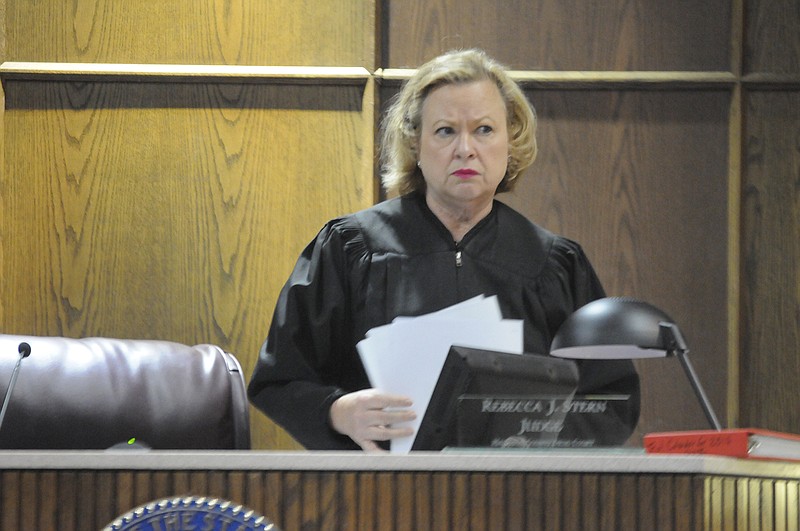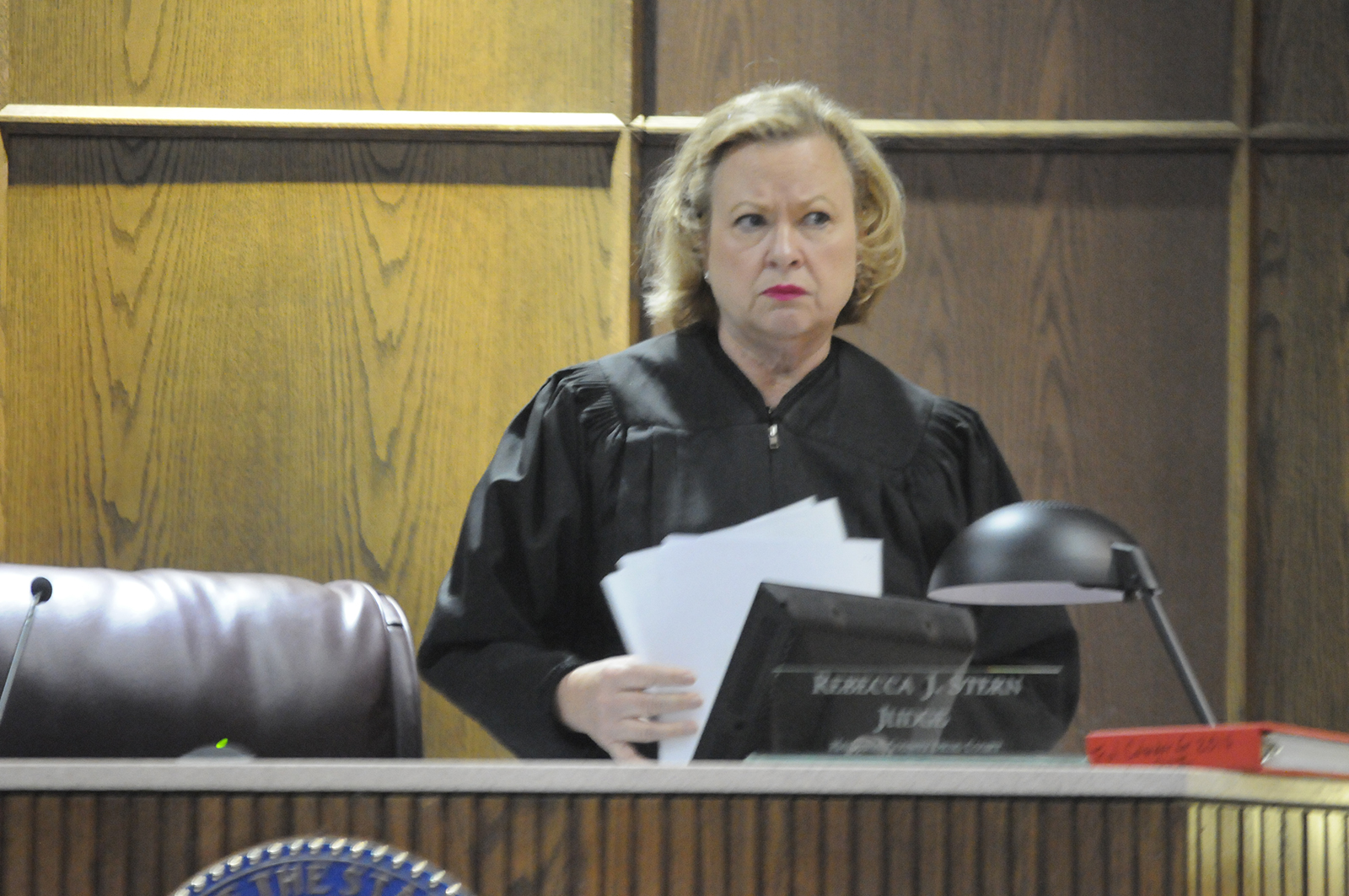Gov. Bill Haslam's decision this week not to fill a vacant Hamilton County Criminal Court seat created questions where many had hoped for an answer.
In a statement released late Thursday, Haslam declined to immediately appoint a new judge from a pool of three nominees and instead asked his Council for Judicial Appointments submit three new names for his consideration. It's the first time he's ever made that request, spokesman David Smith said.
That will mean a new application deadline, a new review and public interview process, a new round of council selections and more time without a permanent judge overseeing a third of the county's criminal cases.
New candidates must apply by July 6 and the council has 45 days from the date they received Haslam's request to narrow the field to three. Then the governor has an additional 60 days to choose from among the six candidates.
The vacancy was created by the retirement of Judge Rebecca Stern, who left June 1. In addition to a full load of criminal cases, Stern oversaw the county's drug court program. Those cases are being managed on a rotating basis by Judges Barry Steelman and Don Poole, but it's not the same as having a sitting judge, Drug Court Administrator Elaine Kelly said.
"It's just hard for the judge who's just seeing them once a week for the first time ever, or every two weeks depending on their schedule, to kind of connect," Kelly said.
In Stern's absence, two senior judges have spent time on the bench taking regular criminal cases. That will likely be how the court handles the cases until Haslam makes his decision.
Prosecutors Leslie Longshore and Boyd Patterson and Deputy Public Defender Mike Little, all candidates for the position, had pledged to continue the drug court program if chosen as judge. Now the program's future is somewhat uncertain.
It's not clear why Haslam decided to request additional candidates, but his decision isn't necessarily a rejection of Little, Longshore and Patterson.
"Governor Haslam obviously places high importance on this decision and wants to be thorough," Patterson said. Little could not be reached for comment.
Longshore said she learned about the request Thursday afternoon.
"It is certainly within his discretion to do that, so we'll just see what happens going forward," Longshore said.
About a week before the first candidates met with the governor, Assistant Public Defender Steve Brown publicly withdrew as counsel for murder suspect Rhaesean Lowry, citing a memo Longshore filed in the case.
Longshore's memo said she initially agreed to allow a federal defendent who knew Lowry to be placed in his cell in order to gain information, but that she later decided she had concerns with that information and the way it was obtained. She wrote that she wouldn't be using any of that information in Lowry's case.
Brown withdrew, saying his office had represented the federal defendant, creating a conflict of interest.
Some attorneys questioned whether planting an informant in Lowry's cell was a constitutional violation. A spokeswoman for District Attorney General Neal Pinkston said Longshore did not violate any ethical rules, and provided the Times Free Press with case law Pinkston says supports Longshore's actions in the Lowry case.
Lang Wiseman, a Memphis attorney who serves on the Council for Judicial Appointments, referred questions to the governor's office and said he hadn't been told anything about Haslam's decision.
"All I know is that I'm headed back to Chattanooga at some point," Wiseman said.
In any case, it could be September before a new judge takes the bench.
"Anyone who's tried jury trials knows you just have to focus on what you control, and what you can control is just making sure that the governor or the jury knows the facts of the case and wait for a decision," Patterson said.
Lang Wiseman is no relation to Times Free Press reporter Claire Wiseman.
Contact Claire Wiseman at cwiseman@timesfreepress.com or 423-757-6347. Follow her on Twitter @clairelwiseman.


